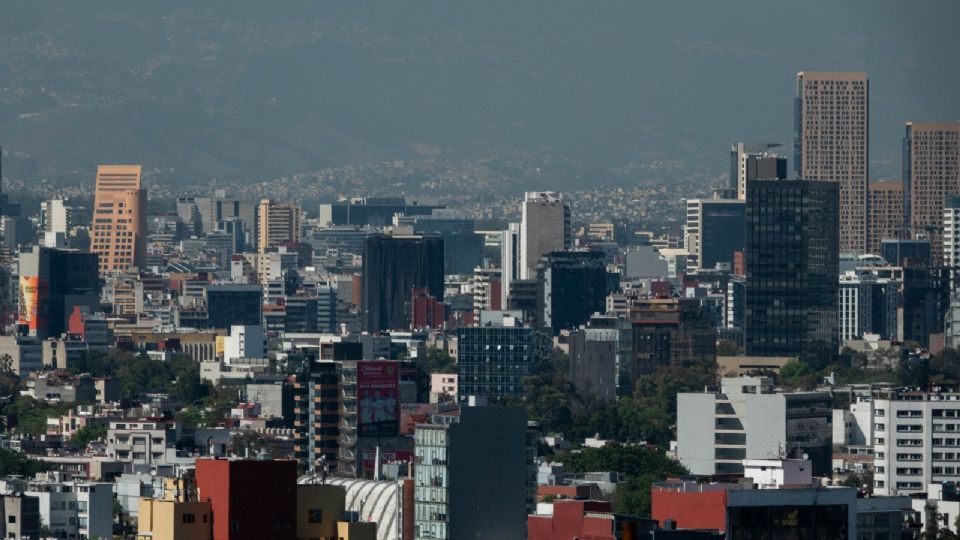The rating agency HR Ratings has lowered its growth projection for the Mexican economy in 2025, now estimating an expansion of just 0.6%, compared to the 1.10% previously anticipated.
This adjustment reflects the difficulties observed at the end of 2024, which have extended into the first months of 2025, in addition to the uncertainty generated by trade tensions with the United States, Mexico’s main trading partner.
The HR Ratings report explains that the economic slowdown has several causes. First, uncertainty surrounding the renegotiation of the United States-Mexico-Canada Agreement (USMCA) has slowed private investment, negatively impacting production chains, especially in sectors such as automotive and durable goods.
Furthermore, the stagnation in formal job creation and the moderation of consumer credit have impacted domestic demand. The situation is exacerbated by the negative performance of key sectors. The agricultural sector, for example, recorded a historic drop of 8.46% in the fourth quarter of 2024, while construction experienced a 2.2% reduction, affected by the decline in public and private works.
HR Ratings warns that these data do not consider the potential impact of tariffs that the United States could impose on Mexican exports, which could further worsen the economic outlook. If these tariffs materialize, growth could be even lower.
Regarding inflation, it is expected to close 2025 at 3.70%, within the upper range of Banxico’s target, although with upside risks due to price pressures on services and food. The interest rate is expected to remain at 8.0%, after cumulative cuts of 150 basis points in response to the economic slowdown. However, Banxico faces the dilemma of loosening monetary policy without jeopardizing the stability of the exchange rate, which HR Ratings projects at 21 pesos per dollar.
Although the IMF maintains a more optimistic projection for Mexico, at 1.4% in 2025, HR Ratings points out that the international organization did not consider the contraction in the fourth quarter of 2024 or trade tensions.
As for the United States, growth of 2.0% is expected, below the 2.7% projected by the IMF, due to potential tariffs and the depletion of household savings.
The rating agency points out that the Mexican economy faces a difficult 2025, with little room for expansionary fiscal and monetary policies. The renegotiation of the USMCA and US trade decisions will be determining factors.
HR Ratings emphasizes that, without structural reforms that boost productivity, average growth will remain below 2% in the medium term, far from the pre-pandemic potential.

Source: latinus.us




